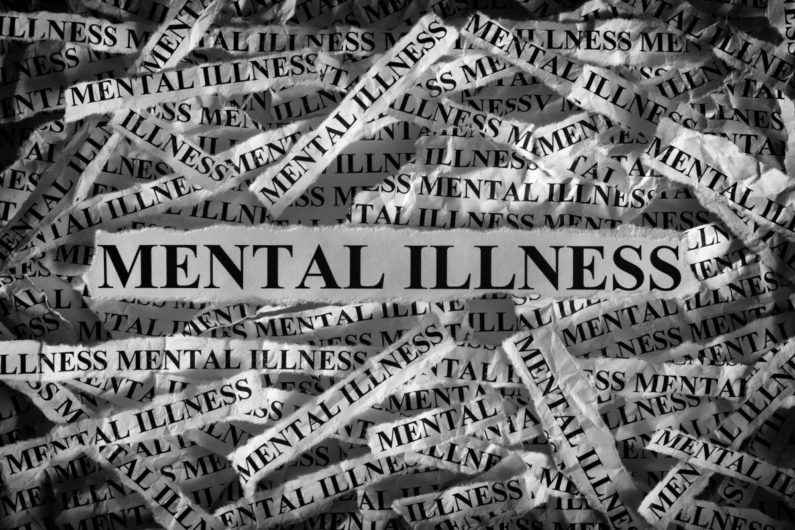Mental illness is a condition that affects how a person thinks, feels, and behaves. It can be very difficult to identify early signs of mental illness. As they can be very subtle. That could lead to later symptoms that cannot be ignored. In this blog post, we will discuss some of the most common signs of mental illness. If you are worried that you or someone you know may be suffering from a mental illness, it is important to seek help from a professional.
Contents
What Is Mental Illness?
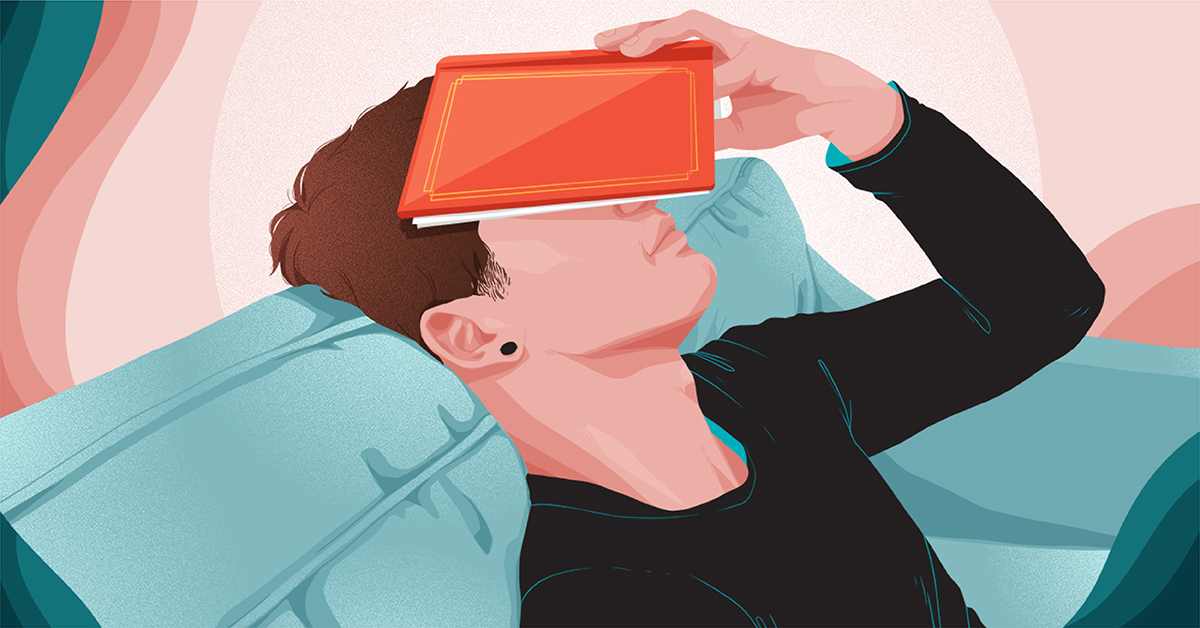 Mental illness is a condition that affects a person’s thinking, feeling, and mood. It can lead to a variety of emotional and physical problems. Mental illness can make it difficult for a person to cope with the everyday demands of life.
Mental illness is a condition that affects a person’s thinking, feeling, and mood. It can lead to a variety of emotional and physical problems. Mental illness can make it difficult for a person to cope with the everyday demands of life.
There are many different types of mental illness. Some common types include anxiety disorders, depressive disorders, bipolar disorders, eating disorders, and schizophrenia. Mental illness can be caused by a variety of factors. Including genetics, environment, and stress. Treatment for mental illness often includes medication and therapy. In some cases, hospitalization may be necessary.
In this article, the major focus would be on signs. That how a person can identify the early warning signs and later symptoms.
Signs Of Mental Illness
If we talk about signs of mental illness. It is largely categorized into two parts:
- Early warning signs.
- And Later signs.
Both of these are very important to know. In this article, we will discuss both of them in detail. And, how these two are different from each other.
Sometimes, early signs got ignored because they are not that alarming. And people tend to overlook them. But, these early signs are very important. They can help you in getting the diagnosis done at an early stage.
Also, mental illness is something that should not be taken lightly. It can cause a lot of damage if left untreated. So, it is very important to know the early symptoms and get help as soon as possible.
Early Warning Signs Of Mental Illness
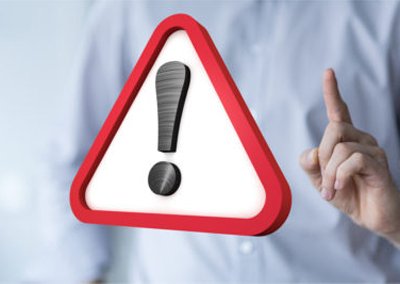 Early signs of mental illness in children can be very different from those in adults. And the signs of mental illness can vary depending on the individual and the type of mental illness.
Early signs of mental illness in children can be very different from those in adults. And the signs of mental illness can vary depending on the individual and the type of mental illness.
That said, there are some common early warning signs. Those are considerably behavioral.
Signs In Children
- Acting out of character: This could manifest as a change in sleeping habits, eating habits, or personal hygiene. For example, a usually tidy person may let their appearance go, or someone who is typically social may become withdrawn and isolate themselves.
- Exhibiting Extreme behavior changes: A normally calm person may become agitated or aggressive, while a typically outgoing person may become unusually quiet and reserved.
- Withdrawing from friends and activities: A person with mental illness may suddenly stop participating in the things they love to do, or they may withdraw from close friends and family members.
- Changes in school performance: A student with mental illness may start receiving lower grades, or they may stop coming to school altogether.
- Sudden mood swings: A person with mental illness may experience sudden and extreme changes in their mood, from happy to sad, or angry to calm.
Signs In Youth
The symptoms of any disease or disorder are usually more difficult to spot in children than adults. This is especially true for mental illness. Which can be easily mistaken for normal childhood behavior or adolescence. Such signs are:
- Changes in mood – A youth who is usually even-tempered may become suddenly angry, anxious, or withdrawn. These little changes should be taken seriously if happening frequently.
- Self-harm – This can include cutting oneself, burning oneself, hitting oneself repeatedly, or any other form of self-injury. This is often a sign of severe emotional distress. If you see any signs of self-harm, it’s important to seek professional help immediately.
- Substance abuse – Many mental disorders are characterized by substance abuse. This includes alcohol abuse, drug abuse (illegal drugs as well as
- Difficulty concentrating – Youth faces difficulty in concentration. They found themselves less focused upon any type of work.
- Intense feeling – Sudden intense feelings of anxiety or depression. It could include feeling hopeless, helpless, or worthless. These intrusive thoughts can be extremely distressing and may lead to self-harm behaviors.
Late Symptoms Of Mental Illness
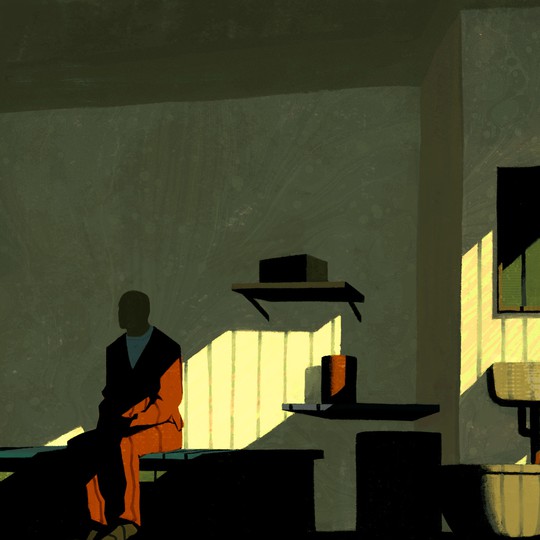 Generally, the late signs are defined as later symptoms that are exhibited after the early signs of mental illness.
Generally, the late signs are defined as later symptoms that are exhibited after the early signs of mental illness.
These symptoms are not that easy to identify because they can be mistaken as a part of normal development.
However, if you take a close look, you will be able to see the significant difference between these later signs and the usual developmental milestones.
The symptoms are usually similar for all mental illnesses, but the intensity and severity may differ from person to person. Even so, it is found to be similar with each age group person.
Some of the later symptoms include:
- Persistent low mood or sadness.
- Excessive anxiety or worry.
- Disruptive behavior at school or work.
- Difficulty concentrating or paying attention.
- Extreme reactions to changes in routine or surroundings.
- Ongoing feeling of being “on edge” or easily agitated
When you recognize these later symptoms, do not delay in getting professional help. The earlier the treatment is started, the better the outcome will be. Because once you have ignored the early signs. But, ignoring the later symptoms could be detrimental.
“The sign is objective evidence of disease. While a symptom is subjective.”
Causes Of Mental Illness
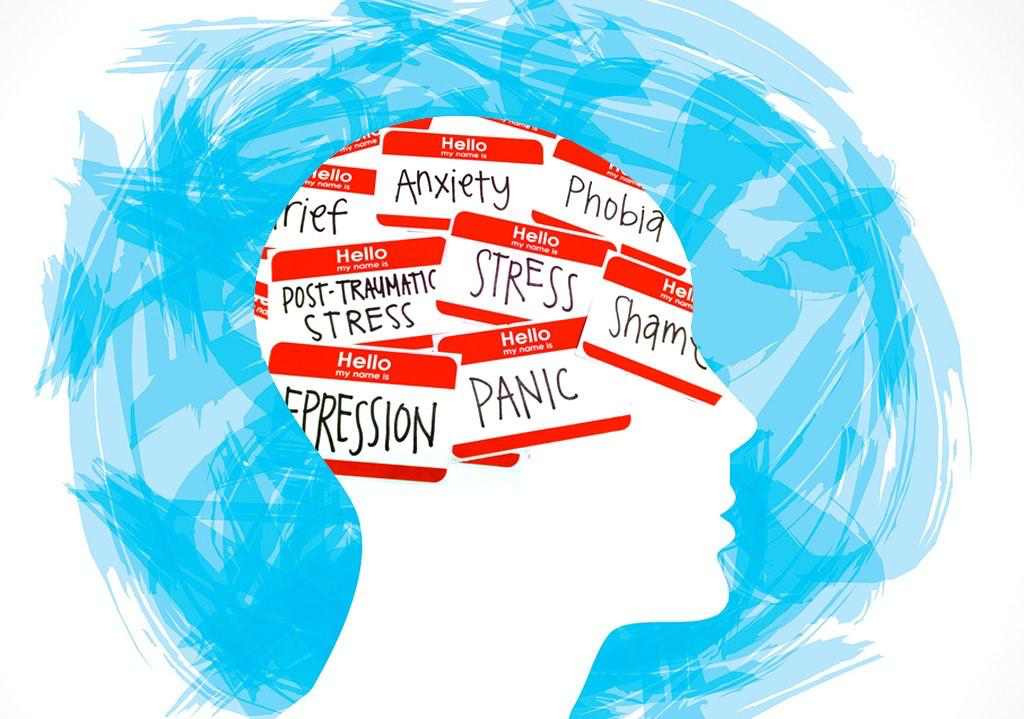 If we count all the people in the world with diagnosed mental illness. Around 450 million, which means nearly one in seven people suffer from some form of mental disorder. And yet, despite its prevalence, mental illness is often misunderstood.
If we count all the people in the world with diagnosed mental illness. Around 450 million, which means nearly one in seven people suffer from some form of mental disorder. And yet, despite its prevalence, mental illness is often misunderstood.
Mental illnesses can be caused by a variety of factors. That include:
- Biological Factors: This can refer to things like genetic predisposition or brain damage. For example, schizophrenia has been linked to abnormal brain structure and function.
- Environmental Factors: Exposure to certain viruses or toxins can lead to the development of certain mental disorders. For example, lead exposure has been linked to increased risk of antisocial and aggressive behavior.
- Psychosocial Factors: This refers to the stressors in our lives that can trigger mental illness. Things like abuse, trauma, or poverty can lead to the development of mental illness.
- Life Experiences: It’s believed that life experiences play a role in mental illness. Things like job loss, relationship problems, or death of a loved one. It could be due to a chemical imbalance in the brain, genetics (a family history of mental illness), stressful life events.
But whatever the cause, it’s important to remember that mental illnesses are real medical conditions that require treatment. If you or someone you is showing any of the above. You need to consult with a professional doctor.
Risk Factors Of Mental Illness
Suffering from mental illness can be incredibly isolating. It is important to know the risk factors in order to identify early warning signs and get the necessary help.
Some risk factors of mental illness include:
- Substance abuse.
- Homelessness or job loss.
- Relationship problems.
- Suicidal thoughts very often.
- Using drugs or alcohol frequently.
- Being lesbian, gay, bisexual, or transgender.
Mental illness is sometimes misinterpreted as just a personality difference or moodiness. However, if the person did not get proper treatment at right time. It would create devastation.
Risks of having such a disorder also depend upon the severity of the disorder. For e.g., a person with mild depression has very different risk factors and prognosis than someone with bipolar disorder.
When To Get Help?
Going for help is not a sign of weakness; it’s a sign of strength. Because mental illness is a disease that affects the brain, it can be very difficult to admit that there is a problem. However, early diagnosis and treatment are essential for recovery.
It can affect anyone, regardless of age, race, or gender. The sooner you get help, the better. If you experience any of the following. It becomes necessary to get help from some professional help if having these symptoms:
- Feeling hopeless, helpless, or worthless.
- Experiencing a loss of interest in activities that you used to enjoy.
- Having suicidal thoughts.
- Abusing drugs or alcohol.
- Acting out in anger or violence.
- Withdrawing from family and friends.
- Suffering from extreme mood swings.
- Experiencing changes in sleep patterns or eating habits.
Remember, there is no shame in seeking help. And it is never too late to get treatment. Treatment works, and people with mental illness can and do recover.
Diagnosis For Mental Illness
If you are experiencing any of the signs of mental illness. It is important to seek a diagnosis as soon as possible. Early diagnosis and treatment often lead to better outcomes for people with mental illness.
There are several ways to seek a diagnosis. Including talking to your doctor or seeking a referral from a friend or family member. There are also many resources available online. And now including directories of mental health professionals.
Seeking a diagnosis can be a difficult and daunting task. But it is important to remember that you are not alone. Many people experience mental illness. And there is help available.
Treatment For Mental Illness
When you get the diagnosis, it feels like a death sentence. You feel like you are alone and no one understands. This is not the truth, however. There are many people that are going through or have gone through this. The most important thing to do is find a treatment according to you.
Types Of Treatment
- Medication
- Therapy
- Psychiatrist
- Self-Care
These are the prominent types of getting the best treatment. Other types may include any professional help or guide. Also, you can join a support group for people with your illness.
There are also online programs and services that you can use. One thing you have to keep in mind that get help as soon as possible.
Conclusion
To conclude, there are many types of signs of mental illness. Some symptoms may be present in the early stages of the disorder. While others may develop over time. It’s important to seek help if you or someone you know is experiencing any. Early diagnosis and timely treatment can make a big difference in the long-term outcome of the illness.
If you’re unsure whether you or a loved one is dealing with a mental health issue. Then, consult a healthcare professional for an evaluation. There is no shame in seeking help. In fact, it shows strength and courage. Mental illness can be treated, and recovery is possible. Don’t give up hope.
A Word From Therapy Mantra
Your mental health — Your psychological, emotional, and social well-being — has an impact on every aspect of your life. Positive mental health essentially allows you to effectively deal with life’s everyday challenges.
At TherapyMantra, we have a team of therapists who provide affordable online therapy to assist you with issues such as depression, anxiety, stress, workplace Issues, addiction, relationship, OCD, LGBTQ, and PTSD. You can book a free therapy or download our free Android or iOS app.
